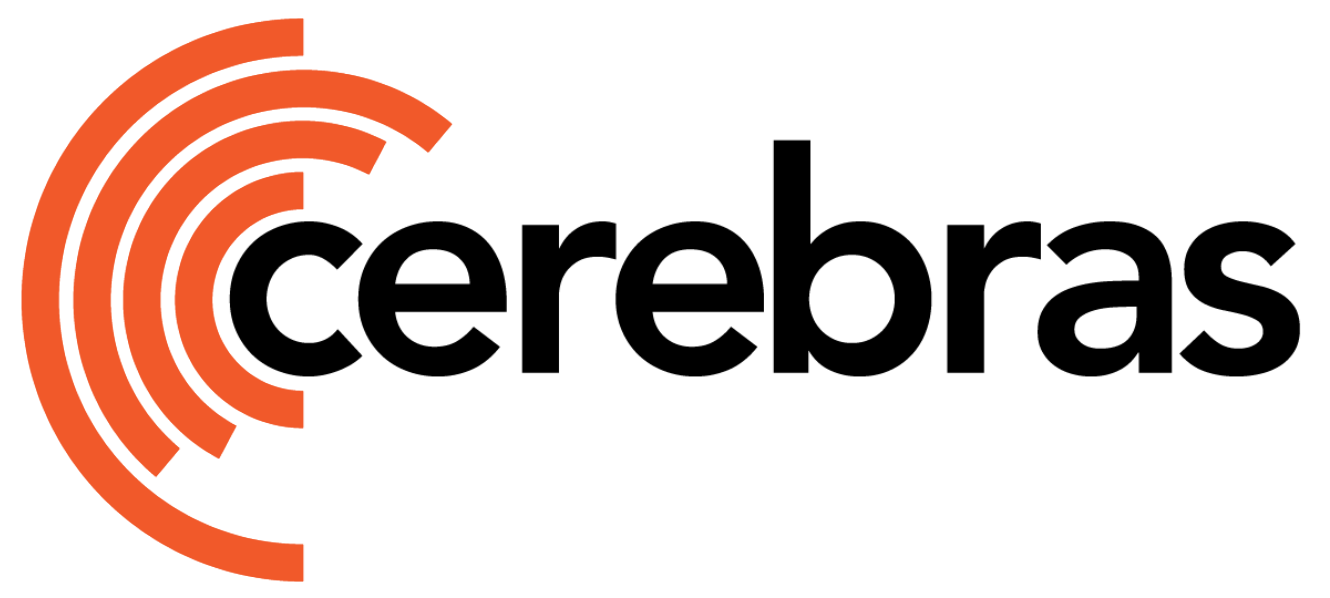Explanation
Cerebras ModelZoo PyTorch runs have a feature (enabled by default) to auto-load the last available checkpoint in themodel_dir if a --checkpoint_path is not explicitly provided. It is important to note that only a specific checkpoint naming scheme is checked to find the latest checkpoint. All files in the format checkpoint_<step>.mdl are checked in the model_dir. If one or more are found, the file with the highest value of <step> is chosen and model weights are initialized with that checkpoint. This feature can be turned off by setting runconfig.autoload_last_checkpoint to False in the params yaml file.
Work around
You can either-
Provide a checkpoint inside
model_dirwith the naming formatcheckpoint_<step>.mdl, or -
Specify checkpoint path by using the
--checkpoint_pathflag.

